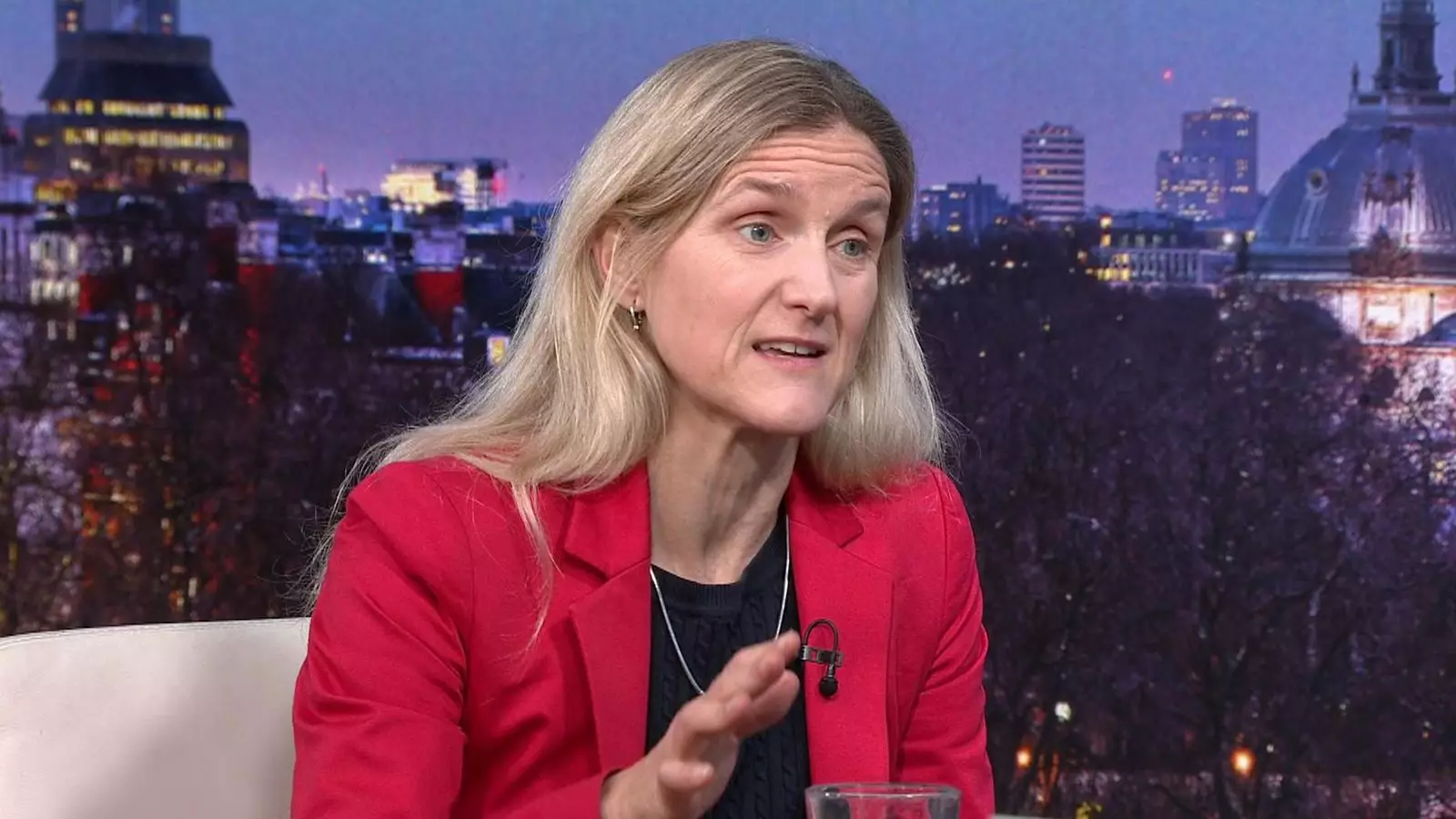As the discussion surrounding assisted dying continues to gain traction in the UK, a recent amendment to a contentious bill introduced by Labour MP Kim Leadbeater has sparked fresh debates and concerns. This proposed legislative change significantly alters the previous requirement for High Court oversight, replacing it with a multi-disciplinary approach. What does this mean for the individuals involved and for the ethical landscape of assisted dying in the UK?
Under the original version of the Terminally Ill Adults (End of Life) Bill, any request for assisted dying would necessitate judicial approval from a High Court judge following review by two medical professionals. However, Leadbeater’s amendments propose that a three-member panel—comprised of a retired High Court judge, King’s Counsel, or equally qualified personnel—would now be the decision-makers in these sensitive cases. While the proposed changes are being framed as a ‘judge plus’ system, they raise important questions regarding the adequacy of safeguards previously in place.
The emphasis on a multi-disciplinary approach suggests an intention to foster a more comprehensive assessment of each case, involving the insights of psychiatrists, social workers, and other health professionals alongside legal perspectives. This is a significant pivot that could ostensibly offer more nuanced evaluations of applicants’ mental and emotional states. However, critics argue that removing High Court involvement dilutes the legal and ethical standards that have historically governed such sensitive matters.
Opposition to the revised bill has been vocal, with critics indicating that the proposed changes could open the door to potential abuses and undue pressure on vulnerable individuals. Tory minister Danny Kruger has described the alterations as a “disgrace,” emphasizing concerns over the potential for coercion, especially among the elderly or infirm. Labour MP Diane Abbott has been particularly critical, characterizing the bill as “rushed” and poorly conceptualized, while former Lib Dem leader Tim Farron highlights a worrying trend in the erosion of safeguards.
While Leadbeater defends her amendments as progressive, striving to “enhance” the extracurricular safeguards afforded to those seeking assisted dying, it is crucial to scrutinize what is being sacrificed in the name of this amplification. The balance between accessibility for those in desperate situations and maintaining rigorous protective measures seems precarious.
The push for assisted dying laws often hinges on emotional appeals complemented by statistical data that highlight the wishes of terminally ill individuals. Proponents argue that many desire agency over their own dying process rather than having to endure potentially prolonged suffering. This sentiment reflects broader societal changes in attitudes toward death and dying, leading to a more compassionate understanding of assisted dying.
Leadbeater’s new proposals include establishing a Voluntary Assisted Dying Commission that would serve as a regulator for all applications, aimed at providing another layer of oversight. However, the effectiveness of implementing guidelines and protecting individuals who might feel pressured cannot be overlooked. There is a delicate balance between allowing individuals autonomy in their dying process while ensuring that they are not influenced by external factors, such as family pressures or societal expectations.
As the bill prepares for committee review, with a voting committee that shows a favorable tilt towards assisted dying, the path forward remains fraught with challenges. It is essential that lawmakers consider the implications of removing judicial oversight and apply a meticulous lens to the safeguards that could potentially be sacrificed.
The discourse surrounding assisted dying intertwines deeply with ethical, legal, and emotional considerations, requiring robust dialogue among lawmakers, medical professionals, and the public. If the goal is to provide dignity and choice at life’s end, then ensuring the integrity of the legislative framework becomes paramount. Thorough scrutiny of the proposed amendments will be crucial, as the long-term impacts on society’s most vulnerable may hinge upon the decisions made in the coming days.
Ultimately, the proposed evolutionary steps towards addressing the complex issue of assisted dying illustrate a society grappling with profound matters of life, death, and the power dynamics inherent in medical decision-making. The potential success of such legislation will depend on the ability to strike a balance between compassion and caution—ensuring that all voices are heard and considered in this crucial debate.


Leave a Reply